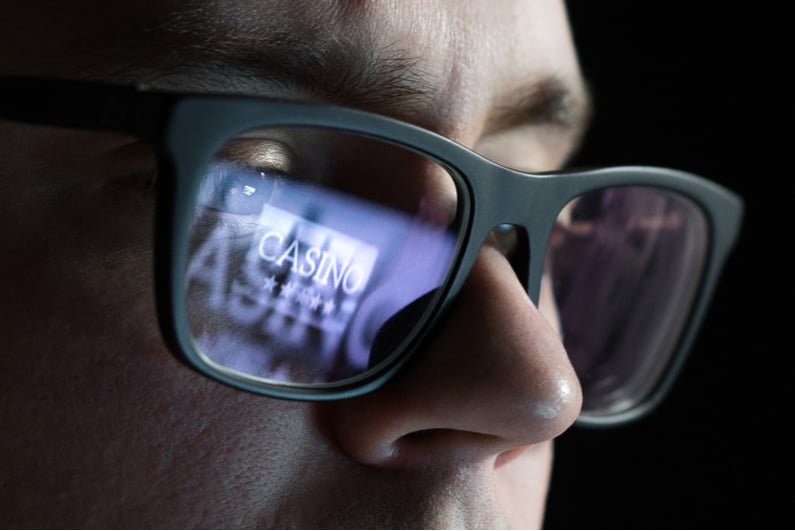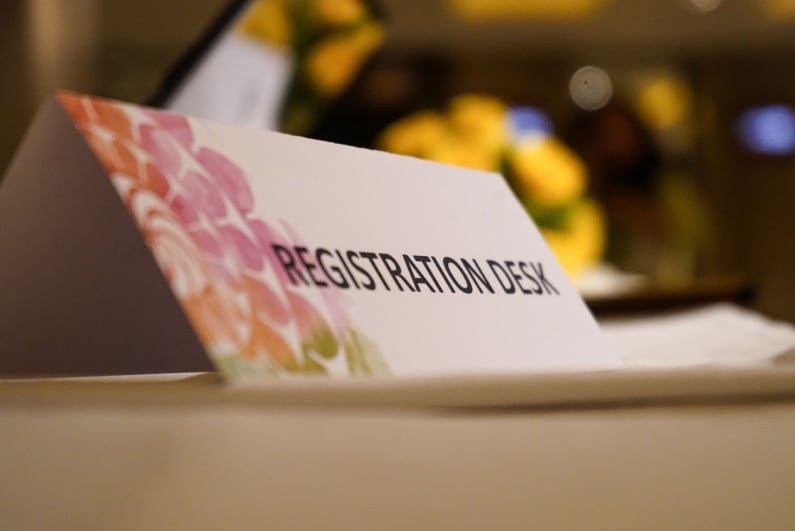Should be treated as an illness
A UK counselor has said it’s easier to get people to stop taking drugs than to stop them from gambling.
Nuno Leitao, who works at the Charing Cross Centre, a charity in Norwich, made his comments after a tax advisor was sent to prison for stealing money from clients to fund his gambling habit. According to Leitao, gambling should be treated as an illness, reports the Eastern Daily Press.
Even though Leitao claims that he’s not against gambling, he says he is opposed to how easily accessible it has become.
It is harder because it is available everywhere and there is no limit to what you can spend. I’ve seen people spend £100,000 ($125,000) a week. This illness is difficult to control.”
In the counselor’s opinion, the release of dopamine – a chemical in the brain that can produce euphoric feelings – occurs when a gambler bets on something. The sensation felt is similar to taking drugs. He added that it’s not necessarily about gambling, but rather about trying to recreate that good feeling again. This is how many gamblers end up committing crimes to fund their gambling.
There have been numerous reports of individuals stealing money or assaulting innocent victims as a result of gambling problems.
Leitao says it’s not just the gambler who is impacted. He estimates that one gambler can affect, on average, 14 other people. Yet, while it’s easy to point an addict in the right direction to receive the help they need, it’s ultimately up to them to want it in the first place.
Easing the problem
While the issue of betting continues, steps are being taken to ease its impact on people’s lives.
For instance, the UK’s National Health Service is planning a gambling clinic for children. Considering that there are more than 450,000 young gamblers in the UK, with as many as 55,000 who gamble regularly, this seems like a worthwhile step to take.
Elsewhere, bookmakers in the UK have offered to commit to spending £100m ($125m) to solve problem gambling. Notably, though, this is because they haven’t been meeting their voluntary levy obligations, which has resulted in politicians calling for a mandatory levy.
To mitigate the issue, the bookmakers are willing to raise the voluntary levy from 0.1% to 1% for the next five years. This would increase funding to £100m each year, which is no doubt greatly needed for the treatment of gambling addiction.




